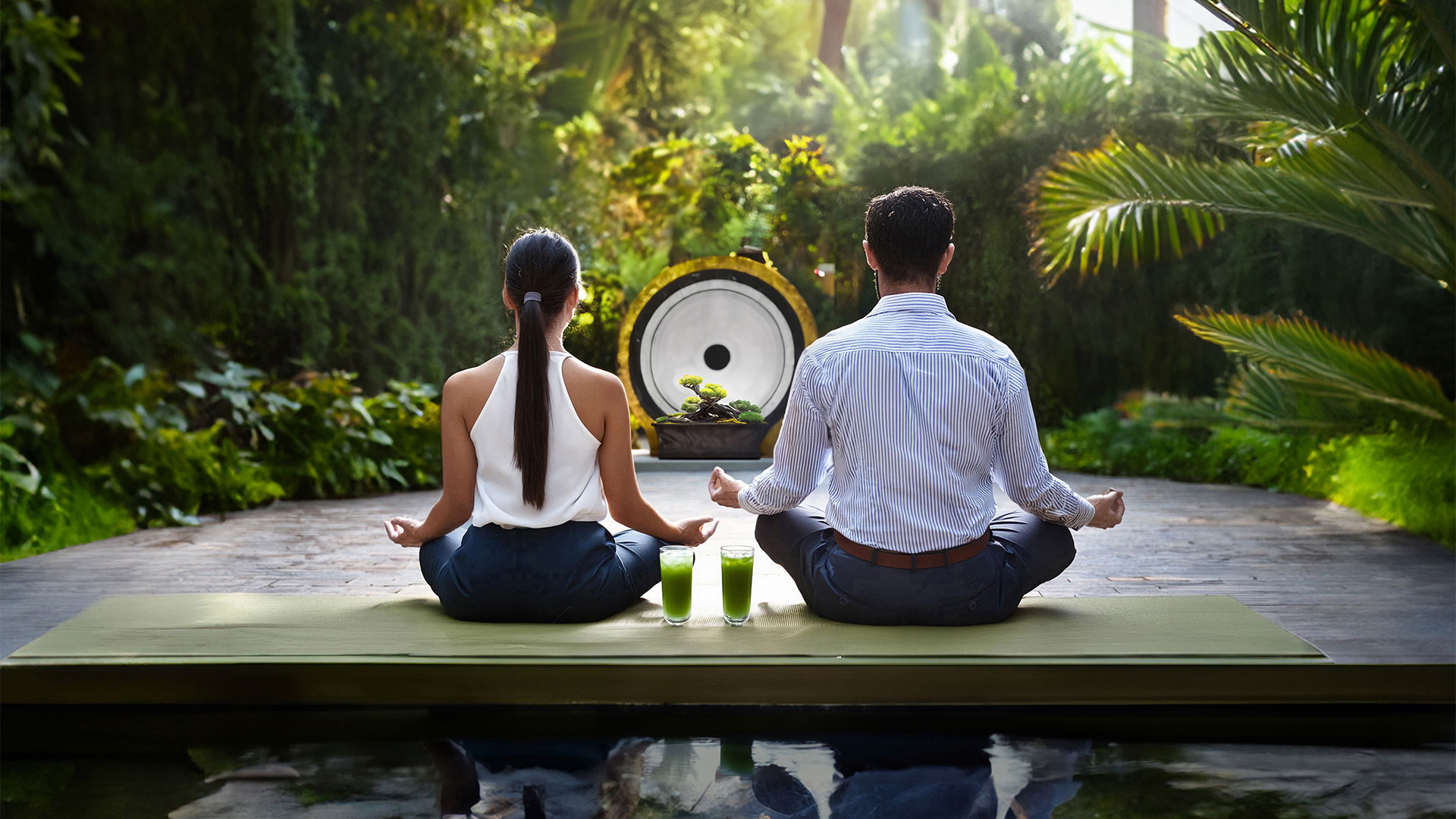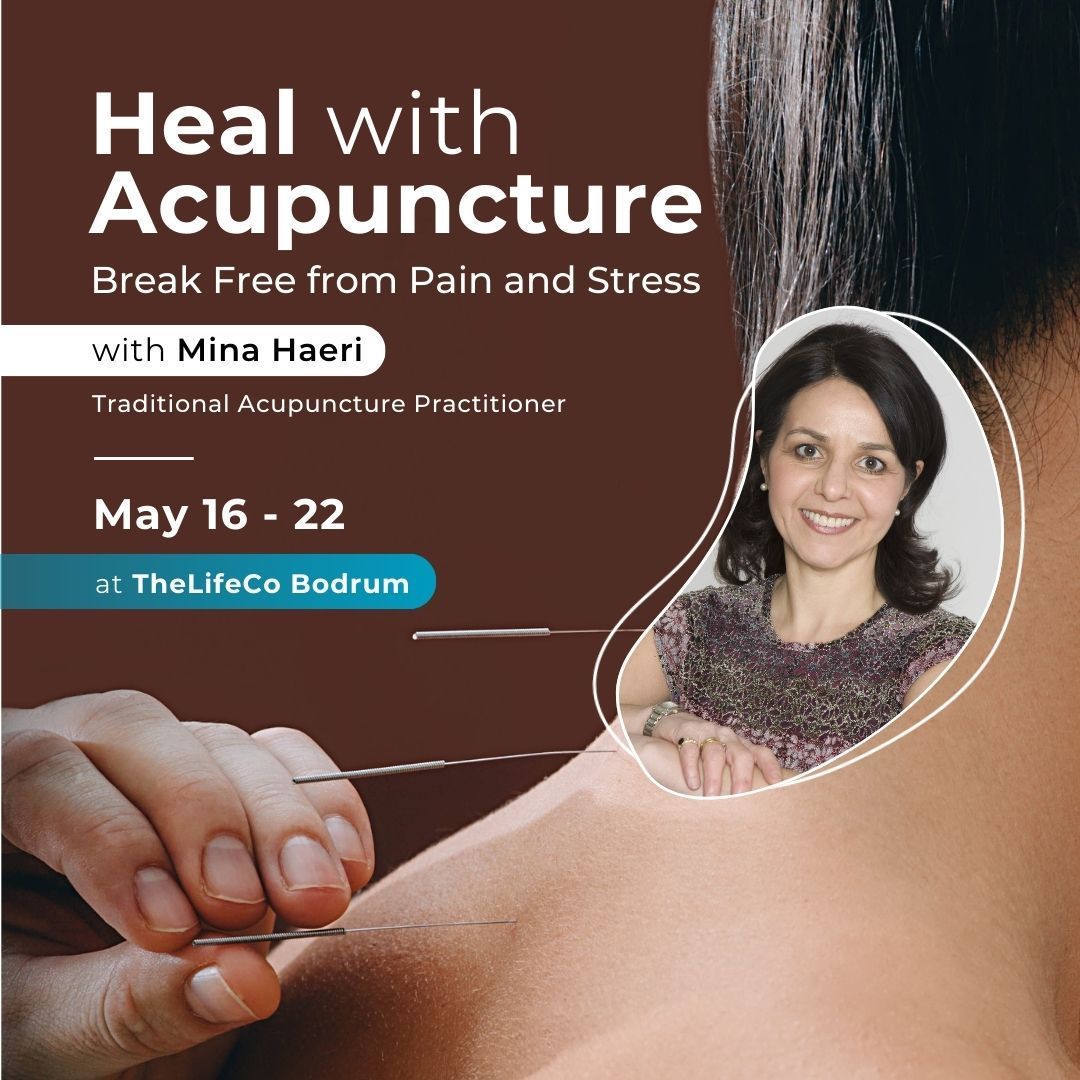Stressful situations and being busy in everyday life can often cause us problems. Sometimes it is tough to carry lives burdens all on our own shoulders and some people choose to avoid or suppress their problems while others consciously or unconsciously attached to them. When dealing with these situations we need to have emotional balance, this may sound quite abstract but there are a range of techniques that we can apply to our everyday lives.
Let’s start with the meaning of emotional balance – When we face unpleasant situations we automatically react with anger, worry, fear, anxiety etc. Having emotional balance helps us to attain flexibility and promotes stabilization between our mind and body. In other words emotional balance teaches us how to respond to negative emotions and thoughts without just getting stuck in them. It is important to know and apply this in order to increase your quality of sleep, concentration, conscious, motivation and happiness.
There are some tips to help you build and maintain emotional balance;
Identify the emotion: Focus on what you exactly feel and how it affects your body. It could be helpful to close your eyes and try to figure out which body part you feel tension.
Describe the emotion with words: Be ready to say “I’m anxious.”, “I’m feeling sad.” This helps you to take a step back from your automatic reaction and respond more consciously.
Practice gratitude: Find one thing that you are thankful for. This could be difficult especially if you are experiencing sadness or anxiety. However, try to find at least one thing, even if it seems small, to be thankful for. It helps you to be aware that life is not just composed of bad and unfortunate events and it encourages you to look at the bright side.
Remove yourself from the situation: We know it is not easy but it is worth a shot! When you feel intense emotion you try to press the pause button, go and splash some water on your face and think about protecting emotional distance as much as you can. It could be helpful in making you think more objectively!
Start moving: Physical movement always helps! You don’t have to run a marathon, sometimes only a stretching exercise or taking a little walk is all you need. The important part is that you should make movement a part of your daily routine; along with various health benefits it also increases your energy and concentration levels.
Emotion regulation and distress tolerance skills help people to promote emotional balance. Emotion regulation means to identify and realize the emotion without and take the necessary actions to deal with the situation. For example, lessen the tension of an emotion by engaging in activities like meditation, yoga and breathing exercises etc.
Distress tolerance means accepting the discomfort and learning to manage the pain. It increases your coping capacity but it doesn’t mean you have to accept things cannot be changed, it helps you to create a solution to overcome the situation. Mindfulness practices like mindful breathing and listening could help increase your distress tolerance skills.
Life does not just consist of happy and joyful moments, there are also some sad, fearful and painful situations. The important part is to know how you can handle these negative events and how not to allow them to affect your emotions. Using the techniques outlined above will really help support and protect your mental wellness.
So, remember to use them when you feel stressed and take life as it comes and enjoy the ride!!
To avoid stressful life, join our mental wellness programs at TheLifeCo.








